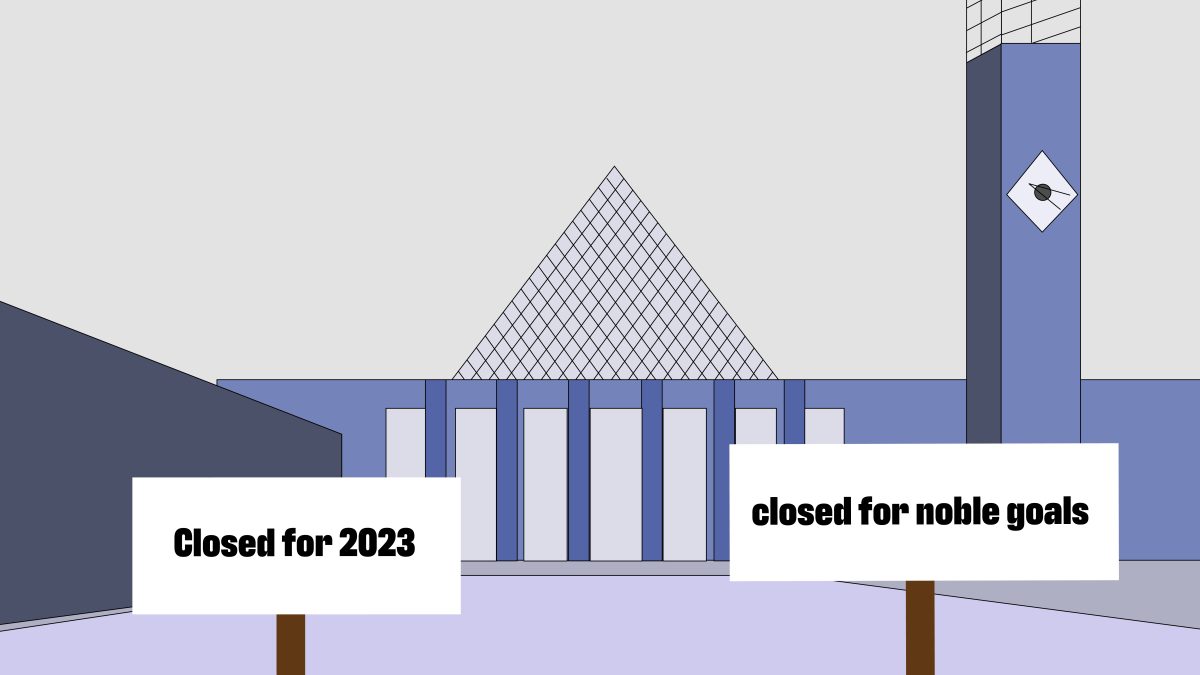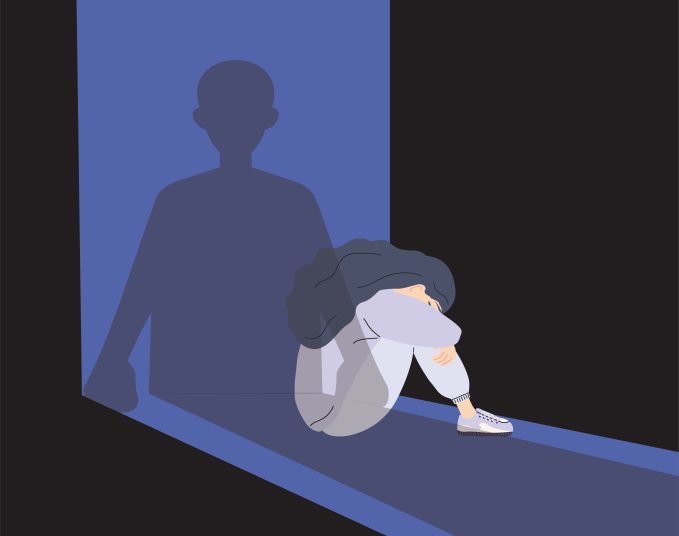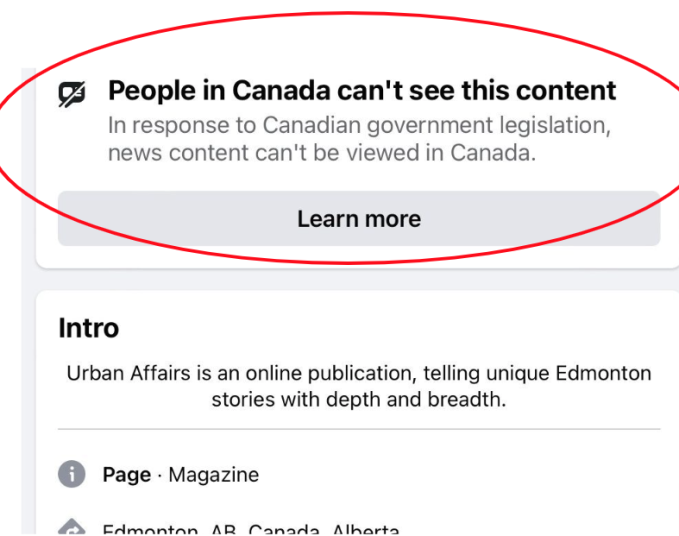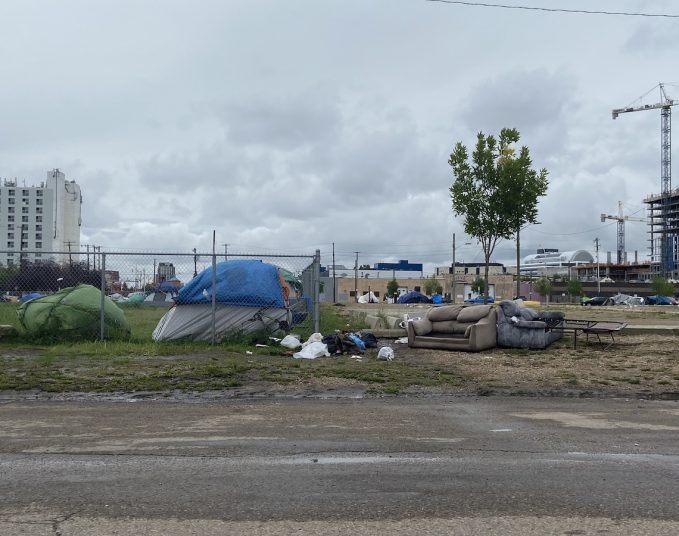One of my favourite terms from British sportswriting is “poisoned chalice.” It refers to a job — usually in coaching or management — that, on the surface, seems like a good opportunity, but is soon revealed to be a no-win situation. Example: A football manager comes in with big dreams, big plans, but then gets fired after a bad season — because the owner has slashed the budget.
As City Council wrapped up business for 2023 this past week, this much is clear: there are 13 poisoned chalices sitting in front of the mayor’s and councillors’ seats at City Hall. If there ever was a no-win council, it’s the current sitting.
This is a group that, when elected in 2021, represented a sea change in municipal politics. Mayor Amarjeet Sohi won on an agenda based on equity and reconciliation. Only five incumbent councillors won re-election. New voices cried for more active transportation, dense neighbourhoods, better transit and tackling the opioid, mental-health and homelessness crises. All of these are noble and worthy aims. No one would dispute that.
But these noble goals continue to collide with harsh fiscal and political realities. Coming out of COVID shutdowns, and having to navigate the wobbly road towards economic recovery, this council’s dreams were never going to square with financial realities. The affordability crisis we’re going through has only made that schism worse. It costs more to put fuel in city trucks, and to clean the transit stations. It costs more to build rec centres. And snow removal is its own beast, a service that fills councillors’ inboxes with complaints.
But there’s more to juggle: the City is currently in a standoff with thousands of employees, which could lead to labour actions early in the next year. Meanwhile, council has tasked administration to find millions upon millions in potential savings in time for the spring 2024 budget update.
It’s got to the point where we’re actually feeling relief that, this past week, administration has confirmed the annual City budget deficit will “only” be around $52 million, rather than the previously forecasted $73.8 million shortfall. We saw a council wrestle with funding decisions to keep the tax hike to, cough, only 6.6 per cent. (To be fair, we’re seeing similar hikes in cities across Canada, or rises in user and transit fees.)
Of that, $11.7 million is a year-end shortfall in transit revenues. While bus ridership has returned to pre-COVID levels, LRT ridership continued to trend downward before the opening of the Valley Line from downtown to Mill Woods. The City is adding more service hours, and Sohi has warned over and over that transit has not kept pace with the growth of the city. The budget calls for 20 new diesel buses to be purchased, as the City balked at the $1.6-million-per-vehicle price tag for hydrogen buses that were on Edmonton Transit Service’s wishlist.
But where the City fails, badly, is selling transit to the public. It is Edmonton Transit Service. Emphasis on “service.” If there is one thing this editor would love to see instituted at City Council, it’s The Banshees of Inisherin rule. Any time a councillor or the mayor mentions equity or climate in regards to transit, it’s time to lose a finger. Yes, transit does help with those things — no doubt about it. They’re just not the reasons you use to sell people on transit. Why take the bus or the LRT? For utilitarian reasons, and that’s how you sell it in the city. It gets you to work on time. Reliably. It gets you to the Oilers game, so you don’t have to pay $20 for parking and you can have a beer or three at the game, guilt free. It’s safe.
Coun. Tim Cartmell has warned that many inside the City’s echo chamber are out of touch when it comes to how Edmontonians view transit. He’s right. And the way to change that perception is to sell it as an efficient, affordable, safe and reliable service and not some sort of vehicle for social change.
As one of its final acts of 2023, Council voted 10-3 to approve Cartmell’s request that City administration start costing out transit gates. When the report comes back in 2024, council will then decide if it’s worth it to install the gates in two LRT stations as part of a pilot project.
Aaron Paquette, one of the three dissenters, said there are already studies on the record, including one from the City of Calgary, which have shown that fare gates don’t move the needle when it comes to limiting fare evasion and increasing safety.
“It’s a lot of resources to throw at duplicating,” he warned.
But Cartmell said council has to do a better job of hearing out the public, and understanding why Edmontonians see transit as something that’s not an option for those who own their own vehicles.
“When is City Council going to stop trying to tell us that it is safe.” Cartmell said this is a refrain he hears from constituents.
“Asking for a report is not the end of the world.”
Fare gates won’t fix the strained political relationship between the City and province.
The latest brick in that wall? The Alberta government has passed first reading of a bill that would prevent the City from continuing its direct negotiations with the feds on a potential urban national park. Three councillors had already expressed reservations about ceding control of land within city borders to Parks Canada — and those reservations have been amplified by Tory MLA Brandon Lunty. He introduced a bill, widely supported by his fellow Tories, that would “ensure the province plays a critical role in the creation and development of any potential National Urban Parks within Alberta’s borders.” Basically, no talks between Edmonton and Parks Canada could happen without the Alberta government at the table, too. With the current frosty relationship between Premier Danielle Smith and Prime Minister Justin Trudeau, it’s impossible to see how this bill, if it passes second and third readings, would do anything but end the urban national-park process.
This is a council that has to deal with crisis after crisis, rather than being the big dreamers we all elected in 2021. Would I want to be a city councillor? Not on your life. Because 2024 promises to be even rockier than ‘23.
Savvy AF. Blunt AF. Edmonton AF.




